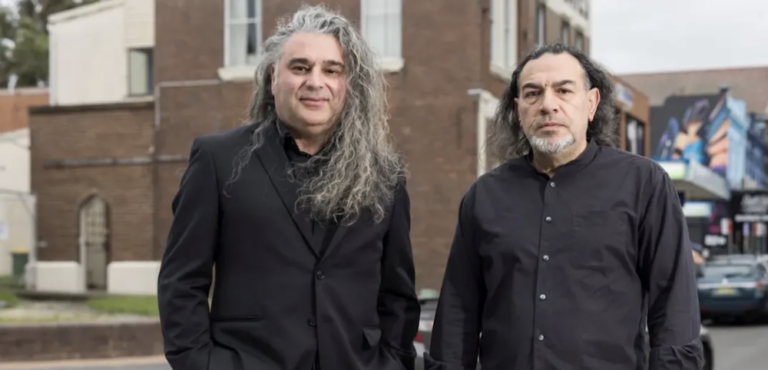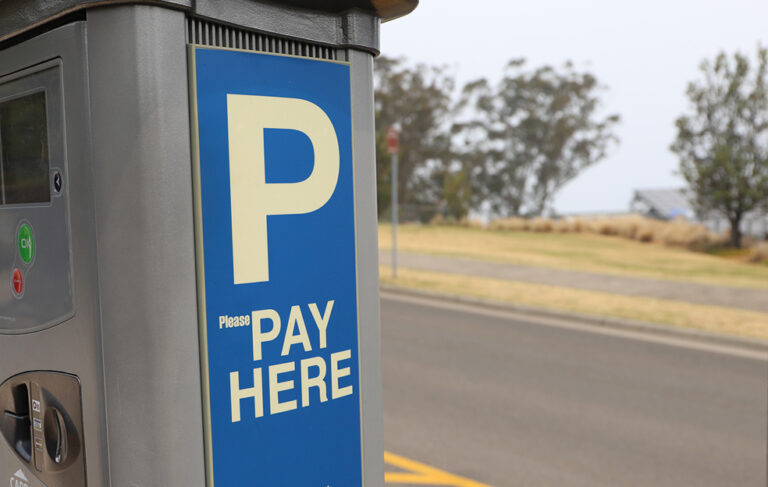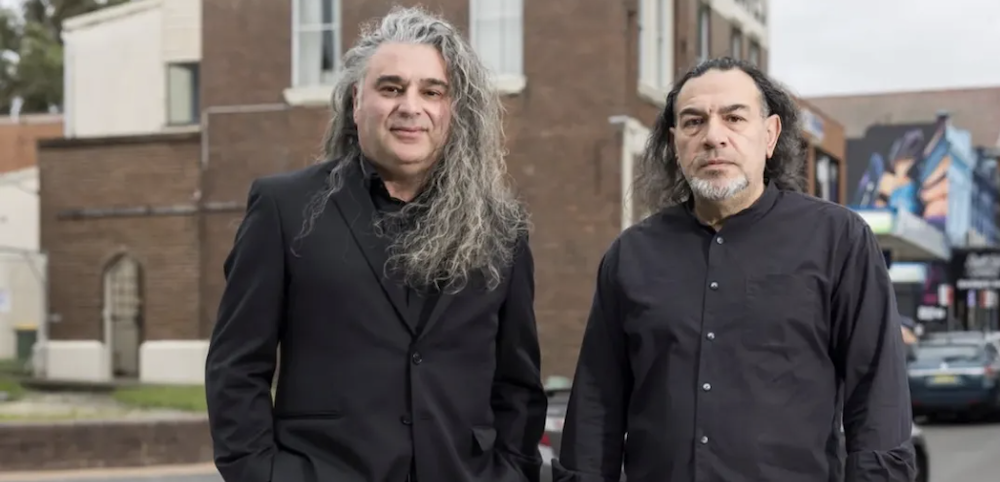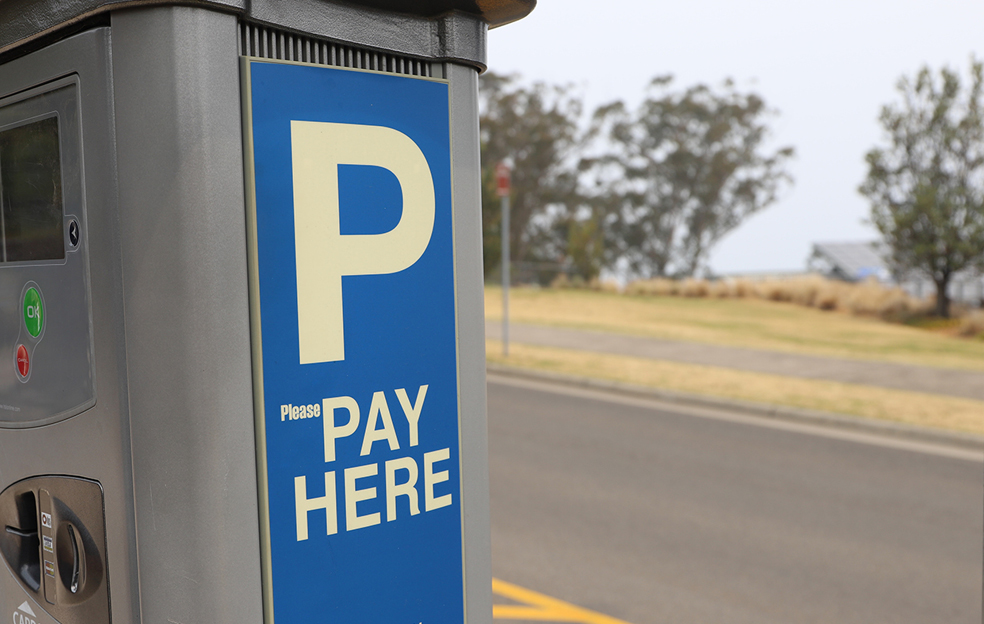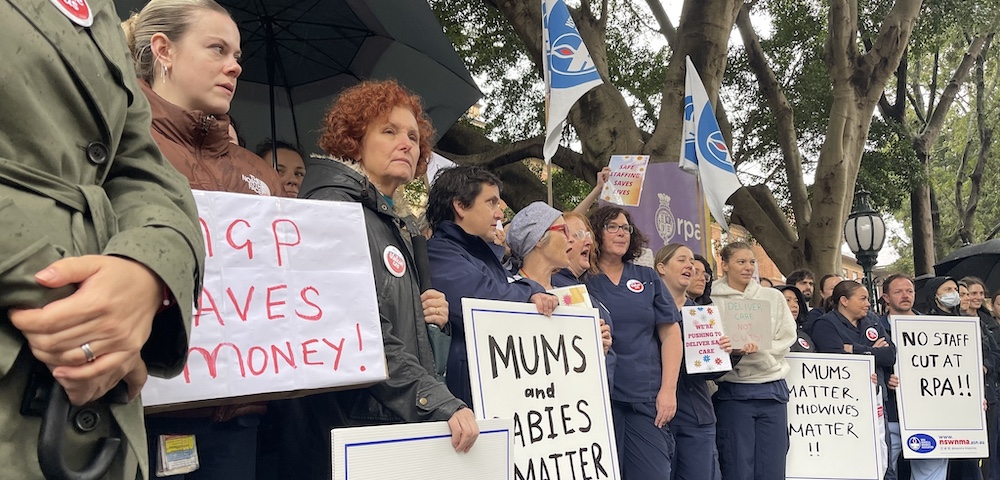

By ABHA HAVAL
NSW government is aiming to take some of the burden off of emergency departments in hospitals by diverting people presenting with drugs and alcohol disturbances to specialised units.
The self assessment units are created to better support people coming into the emergency departments with behavioural presentations associated with drugs and alcohol consumption.
The aim of these units is to provide a safe, and low stimulus environment where patients can be assessed and treated by a multidisciplinary team. Teams will include specialist clinicians working in mental health, clinical pharmacology, and drug and alcohol.
PANDA Unit
Two of these specialised units will be rolled out at Prince of Wales and Nepean hospitals.
St Vincent’s hospital in Sydney has a similar Psychiatry and Non-Prescription Drug and Alcohol (PANDA) Unit co-located with the emergency department that was established in 2020.

It is the first unit that started in Australia resulting in improved patient outcomes, reduced need for sedation and restraint, as well as minimised length of stay in the emergency departments.
Jonathan Brett, the clinical lead for the PANDA Unit who also specialises in clinical toxicology and addiction, told City Hub that the specialised units provide better help and support to the people presenting drug and alcohol issues.
“Our unit provides a separate low stimulus environment for people that is separate from emergency department and also access to specialist clinical staff to help address many of the issues that are driving these presentations,” says Brett.
“Many patients coming through our unit have mental health concerns but also complex drug and alcohol and other medical or social issues. Assessing and addressing as many of these concerns as possible is important to assist with recovery,” Brett continues.
Relieving pressure
The initiative will ensure that people receive ongoing support after discharge, and care will be provided through collaboration with the community drug and alcohol sector, mental health sector and other health services.
Minister for Health Ryan Park said, “we are acting to reduce pressure on our busy emergency departments by providing more appropriate care and treatment to drug and alcohol presentations.”
“These units create a safe environment, not only for patients presenting with disturbances associated with alcohol and drugs, but so our frontline health workers and other patients presenting to our emergency departments.”
“As Health Minister, I am embracing new and innovative initiatives to relieve pressure on our emergency departments by ensuring people receive the appropriate care when and where they need it,” Park said.

